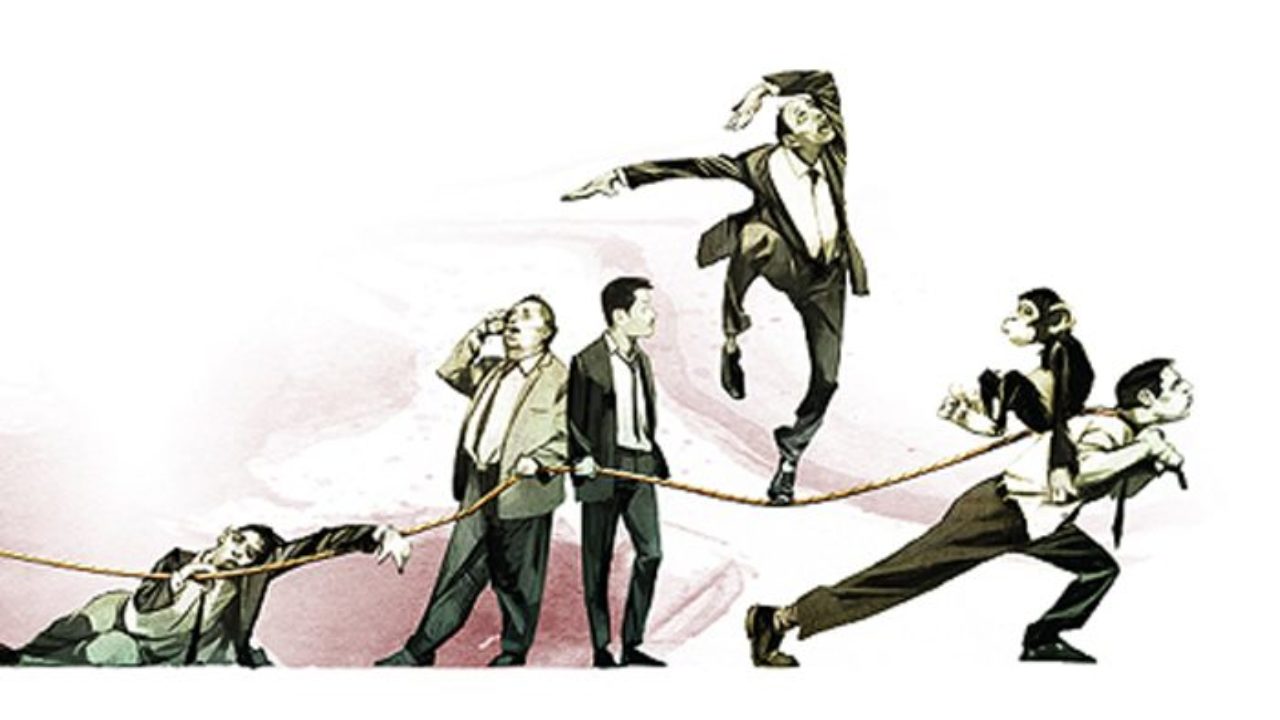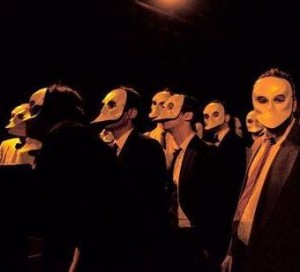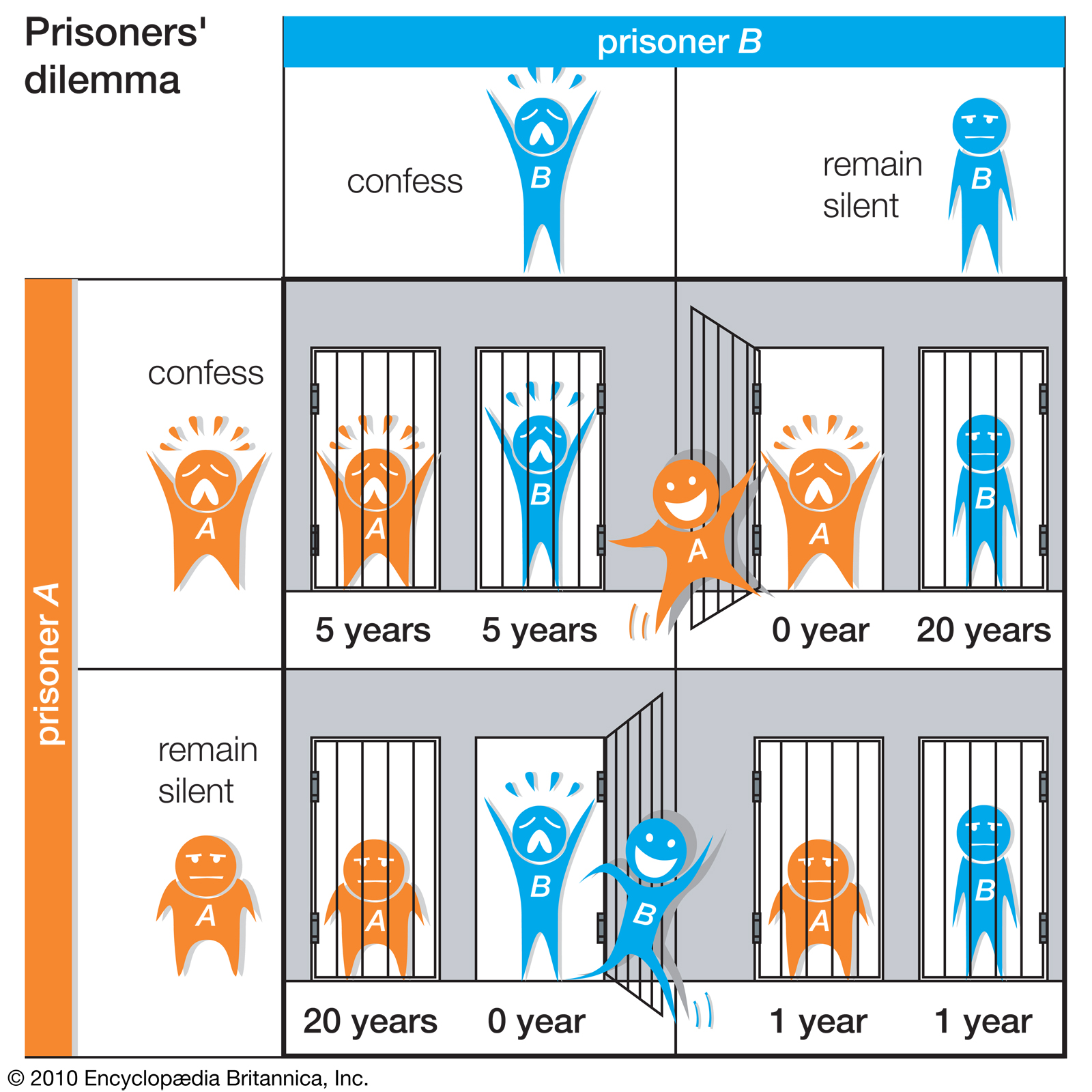9.4 Group Influences on Behavior and Mental Processes
4 min read•june 18, 2024
Sumi Vora
Dalia Savy
AP Psychology 🧠
334 resourcesSee Units
Group Dynamics
When we are in a group, we tend to feel less accountable for our actions and worry less about what others think. This often leads to social loafing: we tend to put less effort into tasks when we are in a group compared to when we are working alone.
You probably see this all of the time!

Image Courtesy of Research Leap.
Additionally, group opinions are amplified, which is known as the crowding effect. This is more of an economics concept, so you don't have to be too familiar with it.
Individual Behavior in Groups
Social Facilitation
Social facilitation is an individual’s improved performance on easy or well-learned tasks when they are with others. When others observe us, we become aroused, which solicits the most likely response to a stimulus. This means that we will perform better on easy tasks, but worse on difficult tasks. The tendency to perform worse on difficult tasks is called social inhibition.
Group Polarization
Group polarization is where a group will move farther and farther toward their individual ideas over time, as the group discusses their beliefs with like-minded people. While this phenomenon tends to bring groups closer together, it also facilitates unrealistic thinking and hatred between groups. Group polarization is very apparent when we look at modern-day political dynamics.
Group polarization can intensify group biases. Ingroup bias is the tendency to favor our own group (the ingroup) rather than others (the outgroup). This “us vs. them” phenomenon kept us safe when we evolved, but today it is the basis of prejudice and discrimination.
Deindividuation occurs when individuals lose their self-awareness and self-restraint in group situations 🎭 Similar to social loafing, people in groups tend to take less responsibility for their actions, which can lead people to be less inhibited when they are in a group. This is a big cause of internet trolling and cyberbullying.

Image Courtesy of iResearchNet.
Helping Others
Most people will act similarly when it comes to helping people: we will only act if
a) we can see the problem, 👀
b) we interpret it as an emergency, and 🚨
c) we feel responsible for helping. 🤝
The bystander effect is the idea that people are less likely to help if others are around, because we assume that someone else will help instead. This can lead to unfortunate outcomes, where several people have witnessed assaults with no one calling the police or getting help. This was amplified in 1964 during the tragic murder of Kitty Genovese outside a New York apartment. It was reported that 38 people witnessed the murder, yet they didn't do anything because they thought someone else would do the helping instead 😢.
The reciprocity norm is the expectation that if I help you, you will help me. This is part of a process called social exchange theory, which upholds that our behavior toward others is based on weighing the costs and benefits of our actions.
Sometimes, however, we fall into social traps, which cause us to harm the well-being of society for our own interests.
One social trap that you may have heard about is called the Prisoner’s dilemma. Imagine that Prisoner A and Prisoner B are both charged with the same crime, and both have to give a testimony. If only one prisoner is testified against, then they will serve three years and the other will be set free. If both prisoners testify against each other, they will both receive 2 years in jail. And, if both confess or neither testify, then they will both receive one year in jail. They are detained separately, so neither prisoner knows what the other person will say.

Image Courtesy of Britannica.
If you look at the dilemma logically, then you know that option C, both prisoners giving a confession, is the best option. However, if you just look at it from Prisoner A’s perspective, not testifying against Prisoner B could either lead to 1 or 3 years in jail. Testifying, on the other hand, could lead to either 0 or 2 years in jail. So, if we assume that Prisoner A is self-interested, then testifying would probably be the better option. The prisoner’s dilemma shows a social trap—where the prisoners have to weigh their own self interest with the benefit of the collective.
Conflict Resolution
A conflict is a disagreement of actions, goals, or ideas. Conflicting people tend to engage in mirror-image perceptions, where they view the other as hostile or evil and view themselves as good and peaceful. This links back to the fundamental attribution error, where we tend to attribute others’ actions as inherently bad, but our own actions as the result of provocation from the other side.
When resolving conflicts, it helps to identify superordinate goals: goals that both parties want to achieve and that require cooperation 🥅 Superordinate goals transcend group boundaries, and may help to form new, more inclusive groups. Additionally, when contact is noncompetitive and parties are of equal status, putting the two conflicting parties in close contact helps them accept one another more.
🎥Watch: AP Psychology—Bystanders, Groups, and Deindividuation
Browse Study Guides By Unit
🔎Unit 1 – Scientific Foundations of Psychology
🧠Unit 2 – Biological Basis of Behavior
👀Unit 3 – Sensation & Perception
📚Unit 4 – Learning
🤔Unit 5 – Cognitive Psychology
👶🏽Unit 6 – Developmental Psychology
🤪Unit 7 – Motivation, Emotion, & Personality
🛋Unit 8 – Clinical Psychology
👫Unit 9 – Social Psychology
🗓️Previous Exam Prep
📚Study Tools
🤔Exam Skills

Fiveable
Resources
© 2025 Fiveable Inc. All rights reserved.